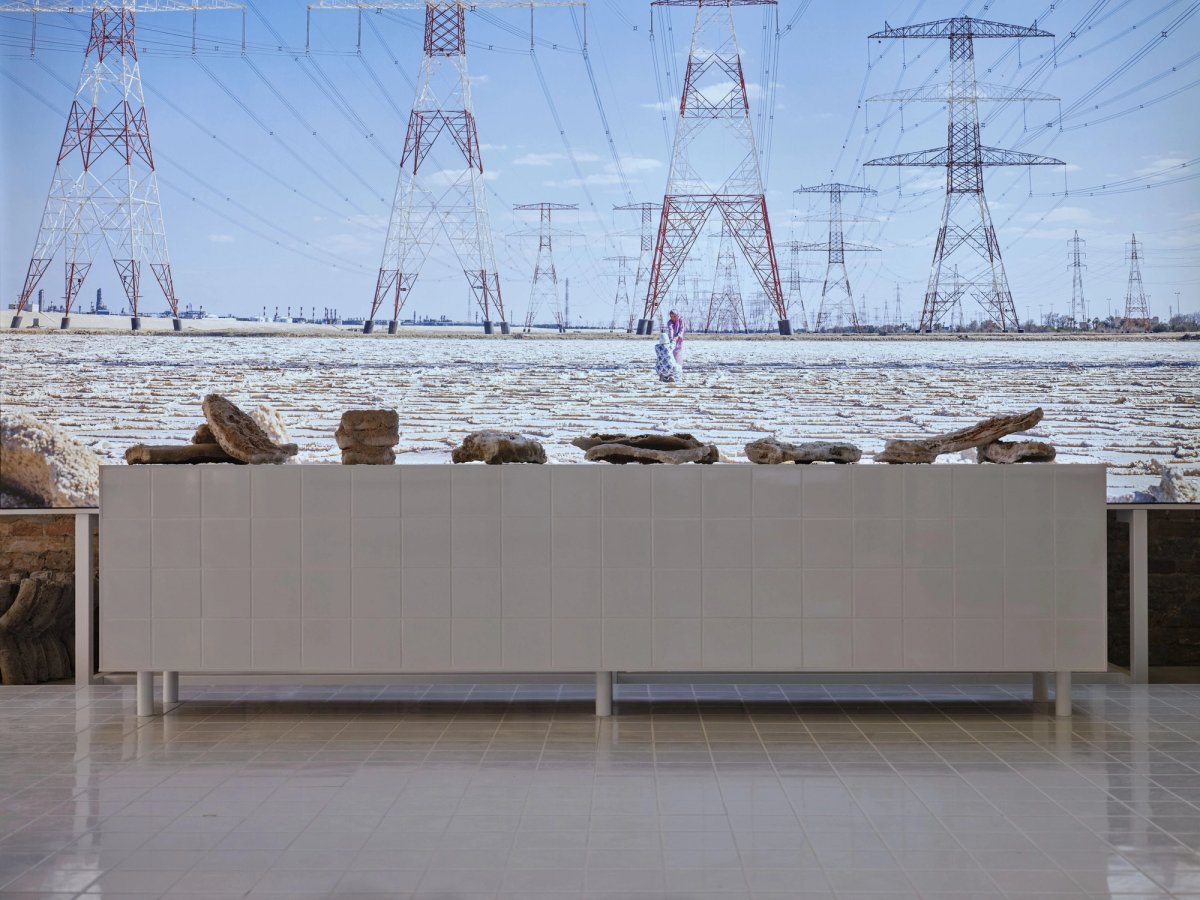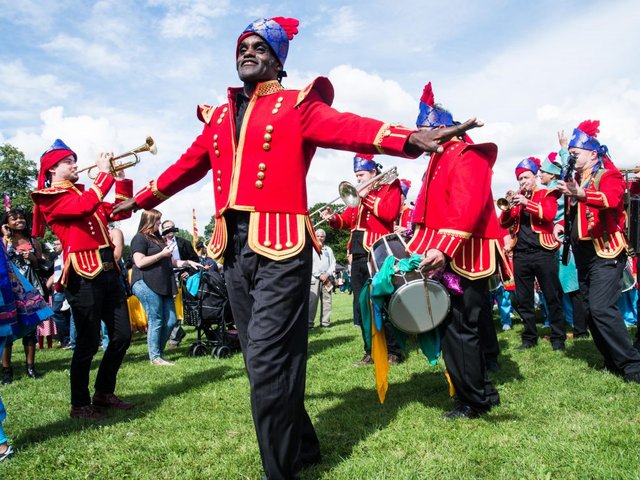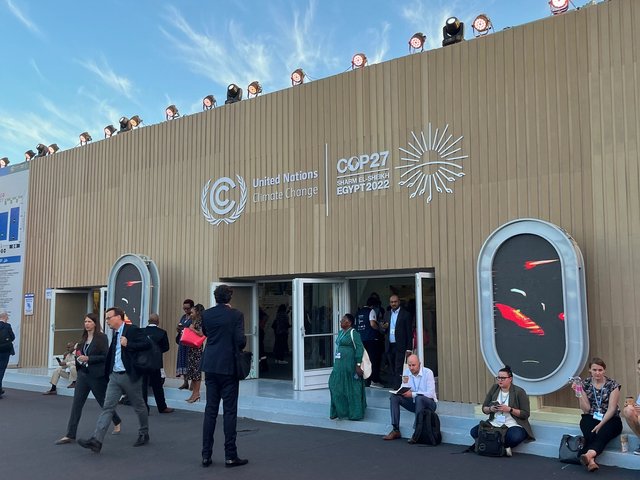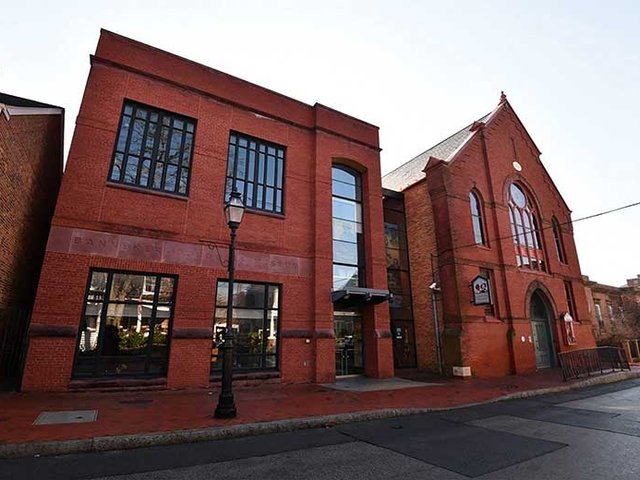Cultural figures from around the world are pushing for the arts, culture and heritage to be formally included in the final communiqué at the Cop29 international climate summit concluding in Baku, Azerbaijan, this week.
The main issues on the table at these annual meetings are normally related to carbon emission reductions, the building of renewable energy and mobilising climate funding to support vulnerable nations.
This year, however, there is a notable push to ensure that culture is given a more prominent role in the process and to have a bigger seat at the table at future meetings. Arts campaigners argue culture can play a role in both tackling the causes of climate change and helping cultural sites adapt to extreme weather.
Dorine Dubois, the chief of the executive of the culture sector at Unesco, described culture as the “forgotten, decisive factor when it comes to climate change”. She was speaking at an event at Cop29 discussing the campaign to get culture formal recognition.
She said: “We need to highlight the impact of climate change on culture. For example, on our current trajectory, by 2100 we will probably lose all the world heritage coral reefs and 60% of the world heritage glaciers will have disappeared by that time. It’s a concerning situation for both cultural and natural heritage. And for living heritage it’s also a very worrying situation because we’re talking about the loss of many sacred sites.”
Dubois also emphasised that she feels the sector has an important, active role to play in tackling the causes of climate change—one that deserves attention at UN level. “Natural heritage sites, [such as] forests and marine sites, are often very important carbon sinks,” she said. The 50 marine sites on Unesco’s World Heritage List comprise at least 15% of what is known as “blue carbon”, the carbon dioxide stored in the world's coastal and marine ecosystems, according to the organisation’s reports.
Mahnaz Fancy, the principal art researcher at the United Arab Emirates (UAE) ministry of culture, has been helping to coordinate the campaign, which already has the backing of around 40 countries and more than 1,500 civil society organisations. The nations involved make up the Group of Friends of Culture-Based Climate Action, which hopes to get a reference to culture in the outcome agreement in Baku. The idea is that this would then, in turn, allow cultural organisations more formal involvement at a UN level.
Fancy told The Art Newspaper: “Our aim is that through our advocacy, we can insert culture into the main UN framework so it stands alongside climate finance, technology innovation and the other big issues. It’s about getting a seat at the table. Have you seen where artists are currently relegated to in this process? Not in the main negotiation space but outside in the Green Zone.” At Cop summits, the Green Zone is in a separate building and is seen as the place where issues of secondary importance are discussed.
One example Fancy gave of how art can help tackle the causes of climate change was the exhibition that the architect Wael Al Awar’s curated for UAE’s pavilion at the 17th Venice Architecture Biennale in 2021. The show, which won the Golden Lion for Best National Participation, showcased a new innovative, environmentally friendly cement—made from recycled industrial waste brine—that could reduce the climate impact of the construction industry. Cement manufacture accounts for about 8% of the world’s total CO2 emissions, according to sources such as the World Economic Forum.
Fancy says: “One of the main roles we can play as the creative sector is bringing about social change. It’s about changing public opinion and behaviour towards climate action, encouraging responsible behaviour at the individual level, at the community level and the corporate level. It’s about creating bottom-up power.”
The negotiations in Baku are expected to conclude in the early hours of Saturday morning (23 November) and arts and heritage campaigners will be hoping to see culture’s formal inclusion in the official statement that follows.





